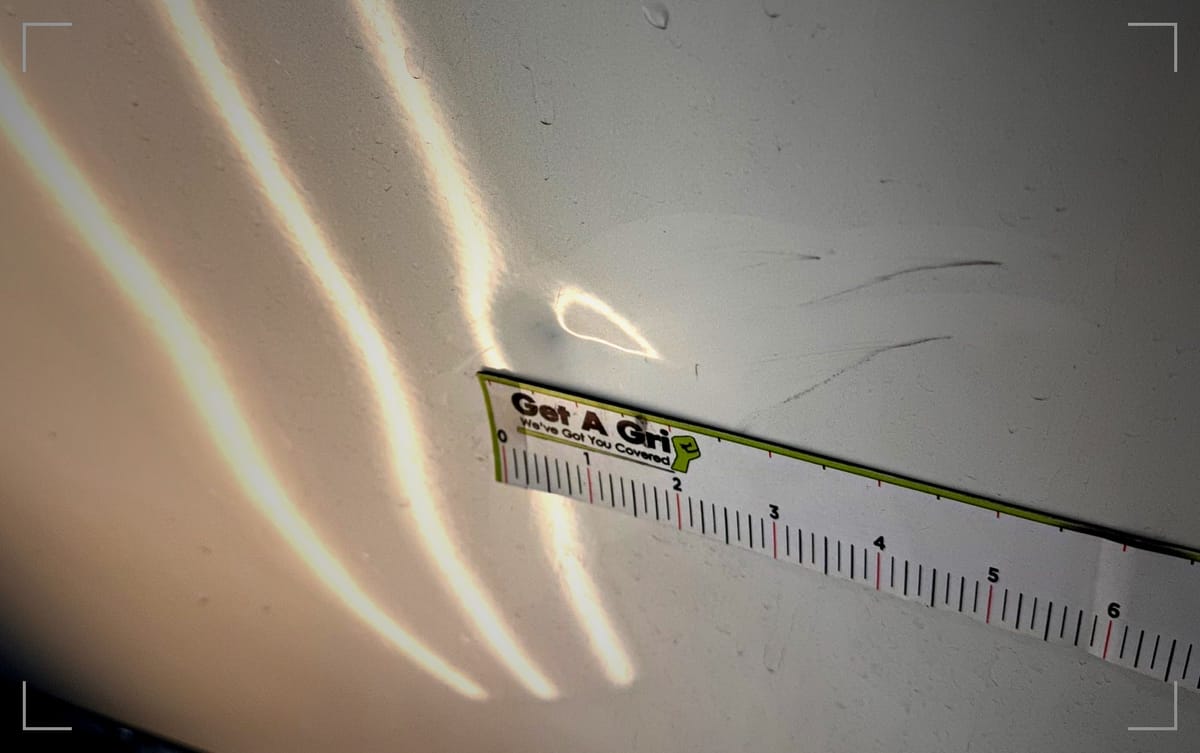Metal Fatigue: Accuracy Is Key

Metal fatigue is a critical concept to understand in paintless dent repair, especially when dealing with deep and stretched metal. Here's a breakdown of what it is and why precision is so important:
- Definition of Metal Fatigue: Metal fatigue refers to the weakening of metal due to repeated stress and strain. It's like bending a paperclip back and forth; eventually, it breaks. In the context of a vehicle, metal fatigue happens when a metal panel is deformed repeatedly, weakening its structural integrity.
- Deep and Stretched Metal in Dent Repair: When a metal panel on a vehicle is dented deeply, it often gets stretched. This stretching alters the metal's original shape and molecular structure. Repairing such damage requires reshaping the metal back to its original form.
- Importance of Precision in Repair: Precise and accurate pushing is vital in this scenario. When repairing a stretched, deep dent, you're not just popping out a dent; you're restoring the metal's shape and strength. Over-manipulating the metal (excessive pushing and knocking) can lead to further stretching or even tearing. This is where metal fatigue comes into play.
- Risks of Over-Manipulation: Each time the metal is pushed or knocked, it experiences stress. If this stress is repeated or excessive, it can lead to metal fatigue, making the metal more prone to cracking or breaking. This is especially true for deep dents where the metal has already been significantly stressed.
- Technique Is Key: As a technician, it’s crucial to apply the right amount of force and to work slowly and methodically. The goal is to gradually bring the metal back to shape without over-stressing it. This often involves a combination of pushing from the inside of the panel and carefully tapping around the dent to relieve stress and reshape the metal.
- Understanding Metal Properties: Different metals used in vehicles (like aluminum or steel) have different properties. Some metals are more prone to fatigue than others. It's important to understand these properties to adjust your repair techniques accordingly.
- Continuous Learning and Adaptation: As a paintless dent repair technician, it's important to continuously learn and adapt your techniques. Each dent is unique, and the approach must be tailored to the specific situation to prevent metal fatigue and achieve the best repair results.
The Why:
Metal fatigue is a phenomenon that you must always keep in mind, especially when dealing with deep and stretched dents. Applying precise, controlled, and knowledgeable techniques will not only ensure the longevity of the repair but also maintain the structural integrity of the metal.
- Dave
Dentless Touch Chicago
229 Eisenhower Lane S.
Lombard, IL 60148
Comments ()